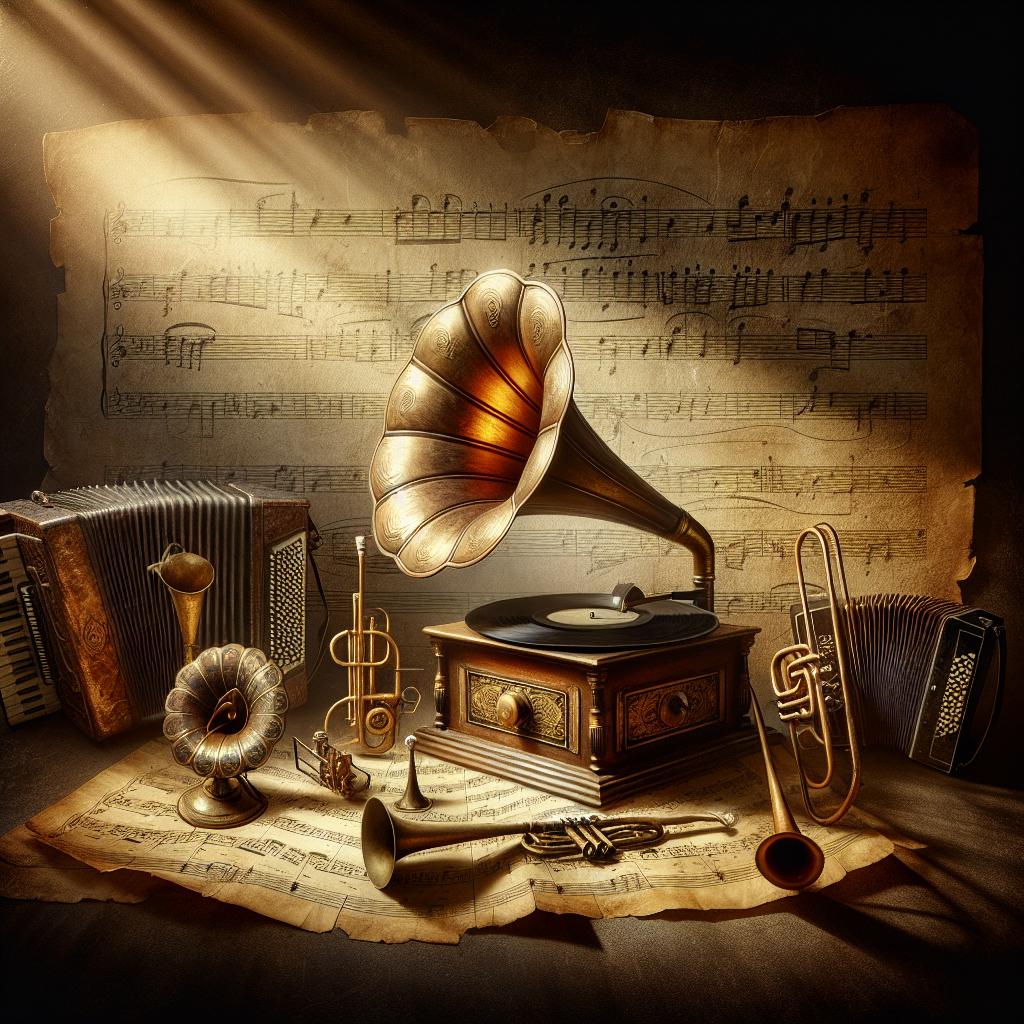I remember a time when guitars had strings, when voices danced out of vocal cords, and emotions flowed raw and unfiltered from a songwriter’s heart to a listener’s soul. This was not some idyllic past that one dreams about wistfully. No, it was the year 1973, and here, in my beloved town of Schenectady, music was more than sound. It was the rhythm of life.
The first record I ever bought was The Rolling Stones’ ‘Sticky Fingers’, a masterpiece of raw, blues-inflected rock ’n’ roll. I was not some privileged child with a silver spoon; I worked long, gruelling summer days at Rob’s Corner Store to save up for that precious vinyl. Life was tough; through poverty and the grim realities of blue-collar life in Schenectady, it was music — genuine, soulful music — that provided solace.
Recall James Brown’s ‘The Payback’ and it’s biting guitar riffs blending seamlessly with Brown’s strained wails, creating a powerful symphony of rage and vengefulness that made your spine shiver. It was not just music; it was a battle cry, a poignant narrative of personal struggle ensnaring listeners in its visceral rawness. Or consider the band I saw at the Electric Circus in New York City, “The Velvet Underground,” and their song “Sweet Jane.” Amid the flashing lights, the vibrating floor beneath, and faces contorted in ecstasy of the sonic pilgrimage, the music was not a million-dollar production with autotuned voices and machine-made rhythms — no, it was raw, pure, human.
In the present year, 2023, it pains my soul to witness what music has become. As I often have to reluctantly explain to my grandchildren, the beautiful art of creating elevating, soulful music has been usurped by industrialized production lines of insipid melodies and synthetic beats. Flipping through the radio stations, all I hear are hollow lyrics appeasing the lowest common denominator, devoid of the rawness and authenticity that once was the essence of music.
Popular contemporary musicians like Lizzo or Billie Eilish, while talented, showcase a commodified version of emotion crafted by an industry hell-bent on harvesting dollars out of universal feelings. Gone are the days when a band like Cream could stand onstage and churn out a 17-minute improvisation, allowing Eric Clapton’s mind-numbing guitar solos to run wild with Ginger Baker’s ferocious drums and Jack Bruce’s growling bass. Today’s music is over-processed, autotuned, and engineered for mass consumption, just like our nutritionally bankrupt fast food.
It’s heartbreaking to remember the closing of Aerodrome, a local venue where I saw legends like Aerosmith, Grateful Dead, and Pink Floyd live in concert. Once booming with music that was visceral, real, and untamed, now it’s been replaced by a sterile shopping plaza. It’s emblematic of the vanishing soul in music, replaced by quantized beats and glossy production.
Living in Schenectady for over fifty years has allowed me to witness this insidious vacuuming of soul from the music landscape. It’s not just a decimation of art; it’s an erasure of cultural history. Simultaneously, it’s an indicator of a broader societal plague – the dilution of individualism, the disregarding of masterful technique for quick virality, the sweeping dismissal of substance for shallow popularity.
I long for the days of Nina Simone, whose haunting voice in the song ‘Mississippi Goddam’ carries a despairing outcry against racism that can still move you to tears. Simone’s voice was drenched in authenticity that wasn’t propped by sonic manipulation; it was honesty captured in a time capsule, echoing in eternity.
Is it too late to resurrect the soul that music has lost? Perhaps. The industry’s primordial sin was allowing the shift from creating beautiful art towards minting money, fanned by an insatiable appetite for instant gratification. And while there might still be artists producing raw and soulful music in the recesses of the industry, they are often buried, ignored, or overshadowed by the manufactured glitz and glamour pumped out by record labels.
Mired in this modern soundscape, I often find myself retreating to the classics, to the vinly records that litter my attic – relics of a time when music wasn’t a branded commodity but an honest expression of life’s inscrutable truths.
If we are to recover that old soul, we must revert to acknowledging and teaching music not as a mere profession but as an intimate language, a sturdy bridge between hearts, a catharsis born out of life’s joys and tribulations. Remember, the most beautiful music was birthed not out of pandering for popularity, but by digging deep into the trenches of raw, human emotion, and their unfiltered expression.
Nostalgia, folks often tell me, is a dirty liar that insists things were better than they seemed. Yet, when it comes to music and what’s become of its heart and soul, I beg to differ. I yearn, not for a past that didn’t exist, but for a time when music – our universal language – had a soul. Those were the days, my friends. Those were the days.



